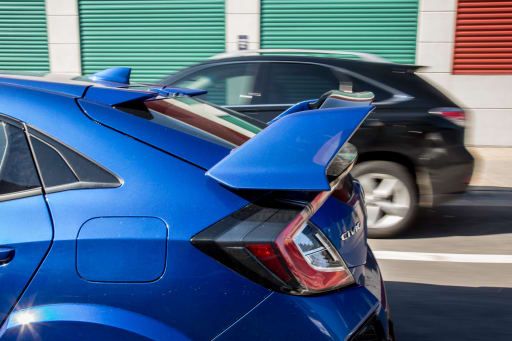Get Free Quotes 866-651-2992
Remanufactured & Used Engines

As we step into the future, the automotive industry is on the brink of a major transformation. Advancements in technology, changing consumer preferences, and the pressing need for sustainable transportation are redefining the future of autos. This article delves into the exciting possibilities that lie ahead in this ever-evolving industry.
One of the key drivers of change in the automotive sector is the rapid development of autonomous vehicles. Self-driving cars are set to revolutionize the way we commute, offering enhanced safety, increased efficiency, and improved traffic management. With the integration of sensors, artificial intelligence, and advanced algorithms, autonomous vehicles will navigate roads seamlessly, reducing accidents and congestion.
Another prominent aspect of the future of autos is the rise of electric vehicles (EVs). With growing concerns about climate change and depleting fossil fuel reserves, the push towards sustainable transportation is gaining momentum. EVs offer a clean and efficient alternative to traditional combustion engine vehicles, reducing greenhouse gas emissions and dependence on fossil fuels. The advancements in battery technology, faster charging infrastructure, and increased driving range are all contributing to the growing adoption of EVs.
Furthermore, connectivity is transforming the driving experience. The integration of Internet of Things (IoT) technology allows vehicles to communicate with each other, infrastructure, and other devices, creating a network of interconnected transportation. This connectivity enables real-time data exchange, enhancing safety features, optimizing traffic flow, and providing personalized services to drivers and passengers.
With the rise of electric and autonomous vehicles, the concept of car ownership is also evolving. Shared mobility services are gaining popularity, offering convenient and cost-effective transportation options. Ride-hailing platforms, car-sharing services, and subscription-based models are reshaping the way people access and utilize vehicles. This shift towards mobility-as-a-service not only reduces the number of cars on the road but also promotes efficiency and sustainability.
In addition to transforming how we commute, the future of autos also encompasses advancements in vehicle design and materials. Lightweight materials such as carbon fiber and aluminum are increasingly being used to improve fuel efficiency and reduce emissions. Moreover, innovative design concepts are emerging, focusing on aerodynamics, energy efficiency, and enhanced safety features.
The future of autos also involves the integration of renewable energy sources. Solar panels and regenerative braking systems are being incorporated into vehicles, allowing them to generate and store energy. This renewable energy integration not only reduces reliance on the power grid but also promotes sustainability.
As the automotive industry evolves, new business models and partnerships are emerging. Traditional automakers are collaborating with technology companies and startups to leverage their expertise in areas such as artificial intelligence, software development, and cybersecurity. This collaboration is driving innovation, enabling the development of cutting-edge technologies and solutions.
In conclusion, the future of autos is an exciting and transformative journey. Autonomous vehicles, electric mobility, connectivity, shared mobility, sustainable materials, renewable energy integration, and innovative business models are all shaping the future of the automotive industry. Buckle up and get ready for a future where cars are not just modes of transportation but intelligent, sustainable, and interconnected vehicles that redefine our mobility experience.